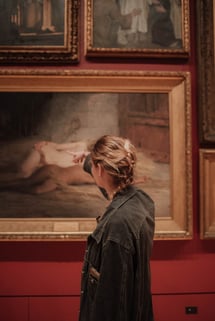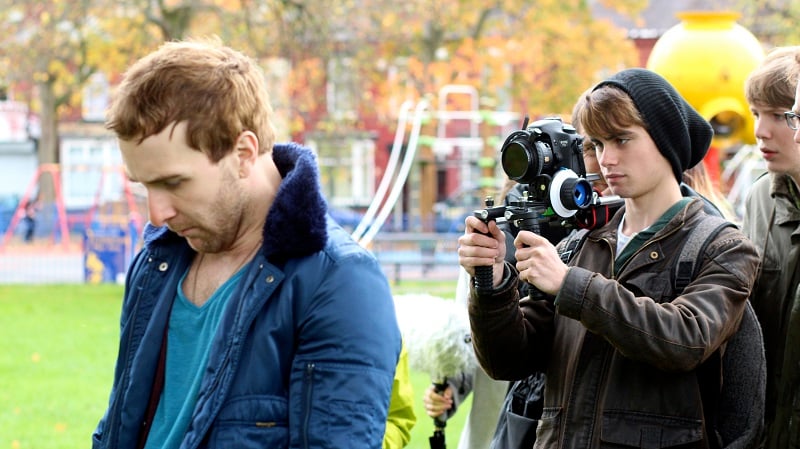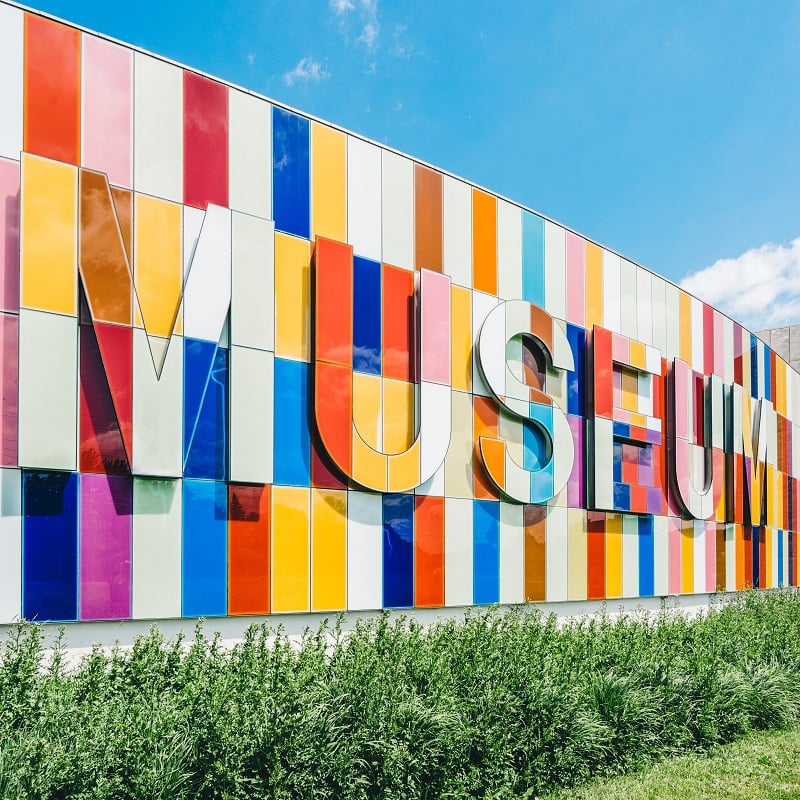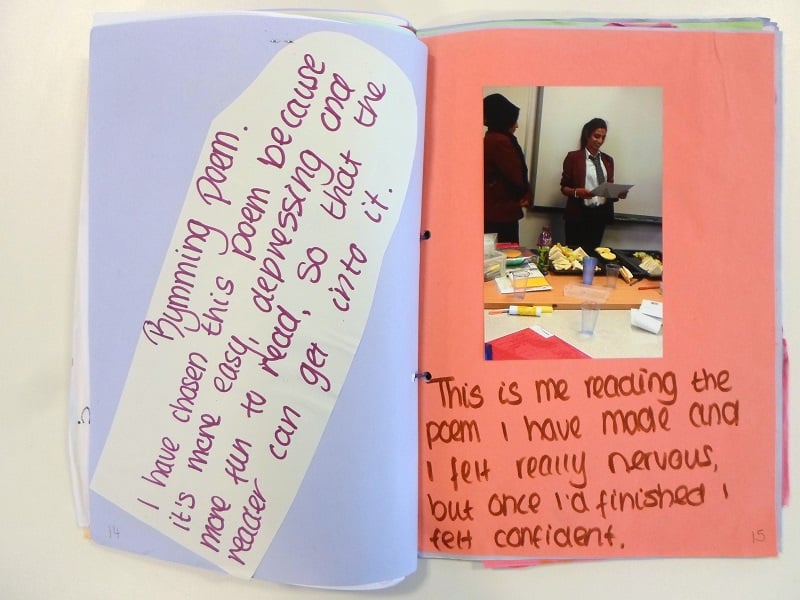
How can your Arts Award programme offer the best possible experience for young people?
BY: Guest Writer
09 Sep 2019
Today we start a series of three blog posts, which are drawn from a piece of research that was undertaken as a PhD study by Dr Frances Howard, an Arts Award adviser and moderator. The research sought to explore the educational experiences of young people undertaking the Arts Award as part of informal education, youth work and alternative education programmes. It found that not all young people were experiencing the best possible Arts Award experience in relation to their arts practice and the arts leadership element.
In response to these findings, the blog posts will cover three topics identified as areas where advisers can make a positive impact:
- how advisers can ensure a quality arts experience for their young people
- how Arts Award programmes can be planned with the arts at the centre
- how Arts Award can contribute to re-focusing the value of arts education
Our next blog post in the series will go live in October.
For more information on the research please contact Dr Frances Howard. The research was funded by the University of Nottingham.
How can advisers ensure a quality arts experience for their young people?
 The research identified many elements of the award that benefited young people in the study; opportunities for artistic production, including digital and DIY arts practices such as music production, digital art and design, film making and YouTubing. Through these activities young people developed social networks, often through work experience, and had the opportunity to be entrepreneurial and take ownership of projects. However, these opportunities were not available to all young people taking up the award. There was a difference in art form offered, the ways young people engaged with the leadership element and the future pathways they were encouraged to research. This was often due to the perceived ability and behaviours of the young people, rather than what they wanted to achieve.
The research identified many elements of the award that benefited young people in the study; opportunities for artistic production, including digital and DIY arts practices such as music production, digital art and design, film making and YouTubing. Through these activities young people developed social networks, often through work experience, and had the opportunity to be entrepreneurial and take ownership of projects. However, these opportunities were not available to all young people taking up the award. There was a difference in art form offered, the ways young people engaged with the leadership element and the future pathways they were encouraged to research. This was often due to the perceived ability and behaviours of the young people, rather than what they wanted to achieve.
This study found that what young people benefited from the most was the different ways of thinking, being and doing, which engaging with the arts offered. Opportunities to work on artistic or entrepreneurial projects has lasting impact beyond the life of the projects and were empowering for young people. Meeting new people and trying different art forms opened up many doors for the young people and gave them ideas about what working in those roles or continuing with those art forms might be like. The value of regular communication and participation in informal and local arts networks were vital for young people’s engagement, giving them access to often under-the-radar arts activities which were important to them.
For young people who start at a disadvantage; those who lack cultural capital, their Arts Award programmes should include more art forms and opportunities, advisers have a key role in ensuring this. These should include arts experiences which inspire different and challenging content and be based on what young people can, rather than can’t do. Programmes that equip young people with effective arts learning strategies, critical thinking and decision-making capabilities will ensure a quality arts experience. For example, the opportunity to set their own learning objectives, experience different cultures and encourage experimentation.
What advisers can do:
- Think about the interests and prior arts experiences that your young people start with. Is your programme
 responsive to those? If you have a group of young people who have never been to the theatre before, would it be valuable to take them? And how would you introduce that beforehand and reflect on it afterwards? For help with supporting young people through your Arts Award programme, our partner Upstart Projects offer training in developing youth voice and co-producing with young people.
responsive to those? If you have a group of young people who have never been to the theatre before, would it be valuable to take them? And how would you introduce that beforehand and reflect on it afterwards? For help with supporting young people through your Arts Award programme, our partner Upstart Projects offer training in developing youth voice and co-producing with young people. - Think about strengthening the opportunities to make social connections linked to real-life opportunities such as work experience. Who can you introduce your group to? If they lack confidence in approaching external practitioners or arts organisations, who can you invite to visit, talk to and work with your group?
- Think about the different experiences that working with a range of art forms offers your young people. Are they experiencing anything new? Are they using the arts to ‘try on’ new ways of being or new ways of thinking? How can they expand their experience of the arts beyond what they already know and are comfortable with? What experience will have a lasting impact on them?
These questions could be key considerations as part of the planning stage of your programmes. The second blog post in October develops this further and covers how the arts should be at the centre of Arts Award programmes.
Register now to join a webinar on Tuesday 19 November sharing the findings and practical ways to apply this to your own adviser practice.
We are developing a new planning tool to help you develop a programme, together with your young people, that builds on both your strengths and your artistic networks. This should be ready in time for our webinar in November. For now please do download our prompt questions to ask yourself as you plan your programme to support co-production.
If you require further support in running your Arts Award programme, please contact us.
Related posts
BY: Alan Lynch
BY: Annabel Thomas
BY: Alan Lynch




Comments & Replies